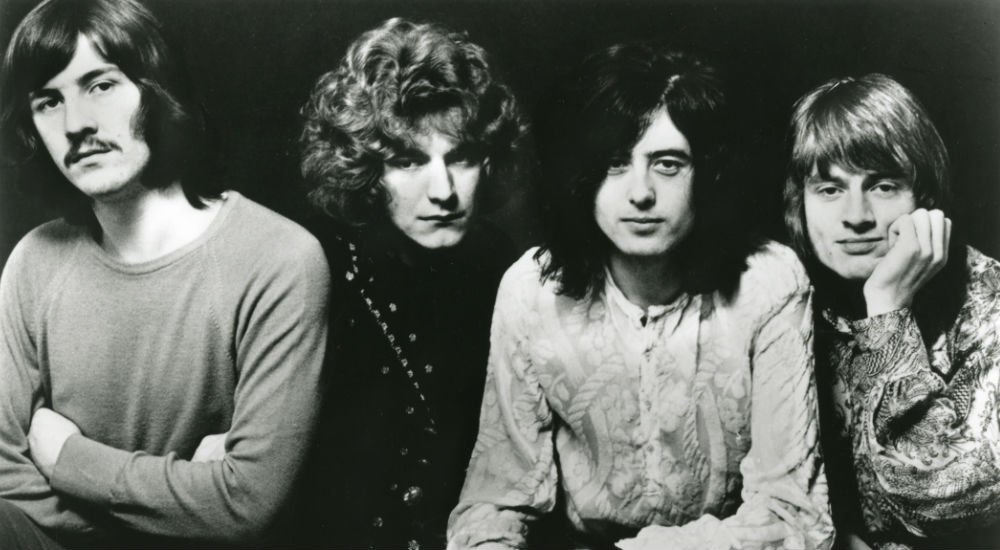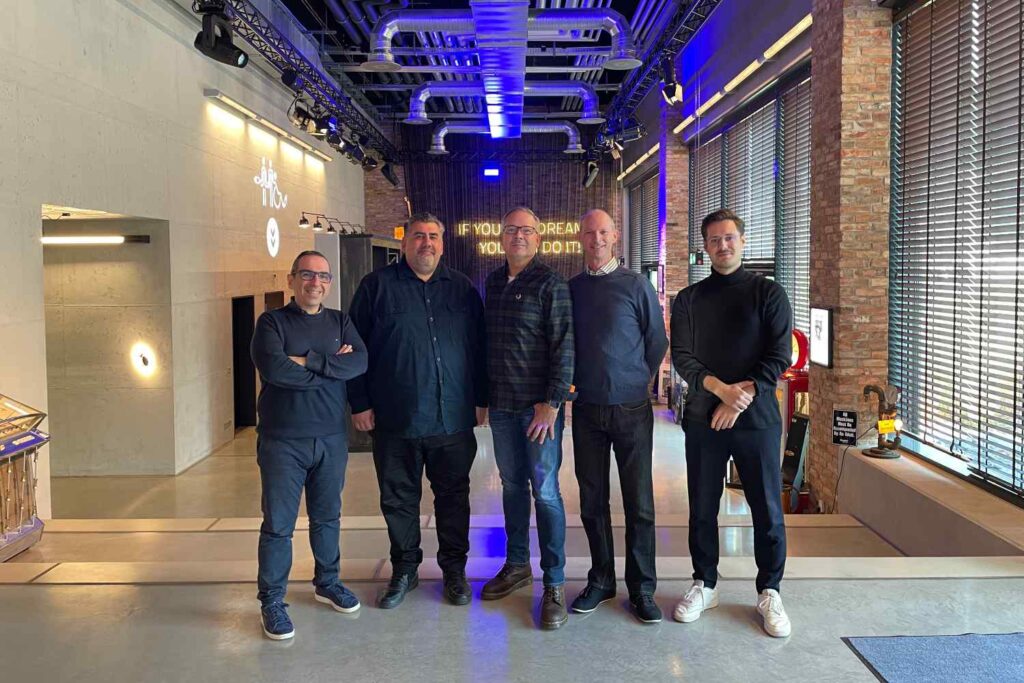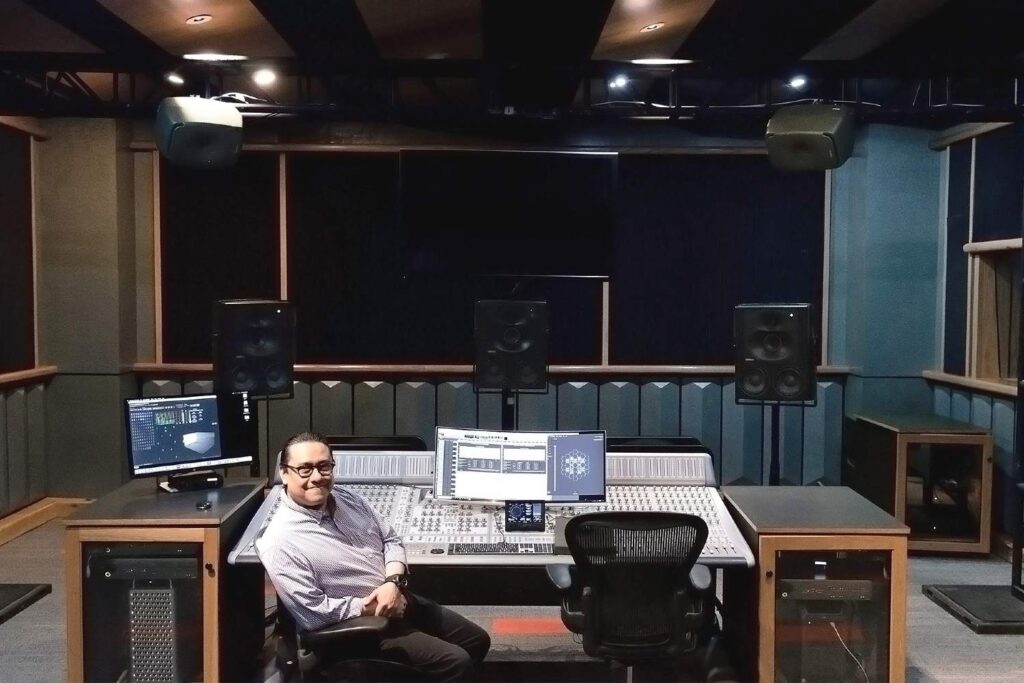As reported by Bloomberg Law, the US Supreme Court declined to hear the case another time today, upholding an appellate court decision from earlier this year in March that ruled that Led Zeppelin’s 1971 classic didn’t infringe upon Spirit’s 1967 track ‘Taurus’ despite sharing similar elements.
The news of the Supreme Court’s refusal to hear the case essentially ends one of music’s most famous lawsuits, which kicked off back in 2014 when Michael Skidmore, the trustee of the late Spirit songwriter Randy Wolf’s estate, filed a plagiarism case against Led Zeppelin due to the sonic similarities between the two tracks.
The case claimed that between the recording of ‘Taurus’ in 1967 and ‘Stairway To Heaven’ in 1971, Led Zeppelin and Spirit had played a number of shows together, and accused Jimmy Page of ripping off writing his iconic riff after hearing Spirit’s own version. Page fervently denied accusations, noting that even though Spirit may have inspired his songwriting, the notion of him plagiarizing the riff was ‘ridiculous’.
Things seemed to simmer down following a trial that saw testimonies from Page, Robert Plant, surviving members of Spirit and a number of other expert witnesses, with the trial jury initially siding with Led Zeppelin in 2016. However, the ruling was overturned after a panel of appellate justices ruled that the jury hadn’t been given satisfactory evidence on what could constitute ‘music originality’, and that the ruling was found to have contained predisposed judicial disadvantage against Spirit.
Furthermore, Skidmore successfully argued that the jury hadn’t been able to provide a fair assessment due to ‘Taurus’ not being played for them during the trial, with the case soon returning to the courts once again and holding up a similar plagiarism lawsuit involving Ed Sheeran’s ‘Thinking Out Loud’ and Marvin Gaye’s ‘Let’s Get It On’.
When the case returned to the courts earlier in March this year, the Ninth Circuit Court once again granted legal victory to Led Zeppelin. In upholding the jury’s initial ruling, the courts dismissed the inverse ratio rule which claimed that the benchmark for providing enough evidence in a copyright case should be lower for works of a higher profile, writing that “As a practical matter, the concept of ‘access’ is increasingly diluted in our digitally interconnected world.”
Despite Skidmore’s last ditch effort to take the case to the Supreme Court, today’s denial essentially puts an end to one of the biggest music lawsuits in recent memory, and perhaps most notably, decrees that ‘Stairway To Heaven’, nearly 50 years since its release, is officially the intellectual property of Led Zeppelin.
Looking for more beef? Revisit some of the most infamous lawsuits in music history.







